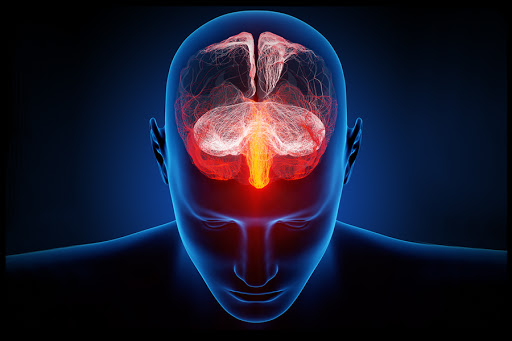Up and at ’em! It’s morning! The sun is up and we’ve a fresh set of links. Come and get them while they’re hot! After all, breakfast is the most important meal of the day!
PRACTICING NINJA MOVES CALMS THE BODY AND SHARPENS THE MIND, SAYS SCIENCE – (Nerdist.com)
It’s no wonder Johnny Karate was always so stress free! New studies show that practicing ninja hand gestures can help us bear our stress more easily:
According to the study . . . people who do the ninja hand movements experience a change in their brain waves (which can be measured using an EEG). After performing the “Kuri Kuri,” participants experienced a decrease in their beta waves, which are usually associated with negative feelings, and an increase in their alpha waves, usually associated with positivity. These changed levels apparently remained constant for 3 to 30 minutes after the ninja hand movements.
Japanese Artist Tightly Rolls Newspaper To Create Incredibly Realistic Animal Sculptures (11 Pics) – (Boredpanda.com)
This art is so beautiful, and made from old newspaper. It’s really making print come alive again!

Scientists say they’ve identified the physical source of depression in the brain – (sciencealert.com)
Scientists have finally found the part of the brain that is home to depression. We pray that this is the first step to better treating this traumatic mental disorder.
Scientists have scanned the brains of more than 900 people, and the results suggest that feelings of loss and low self-esteem are tied to the functioning of the orbitofrontal cortex – a region of the brain associated with sensory integration, expectation, and decision-making. “Our finding, with the combination of big data we collected around the world and our novel methods, enables us to locate the roots of depression, which should open up new avenues for better therapeutic treatments in the near future for this horrible disease,” says computational psychiatrist Jianfeng Feng from the University of Warwick in the UK and Fudan University in China.

